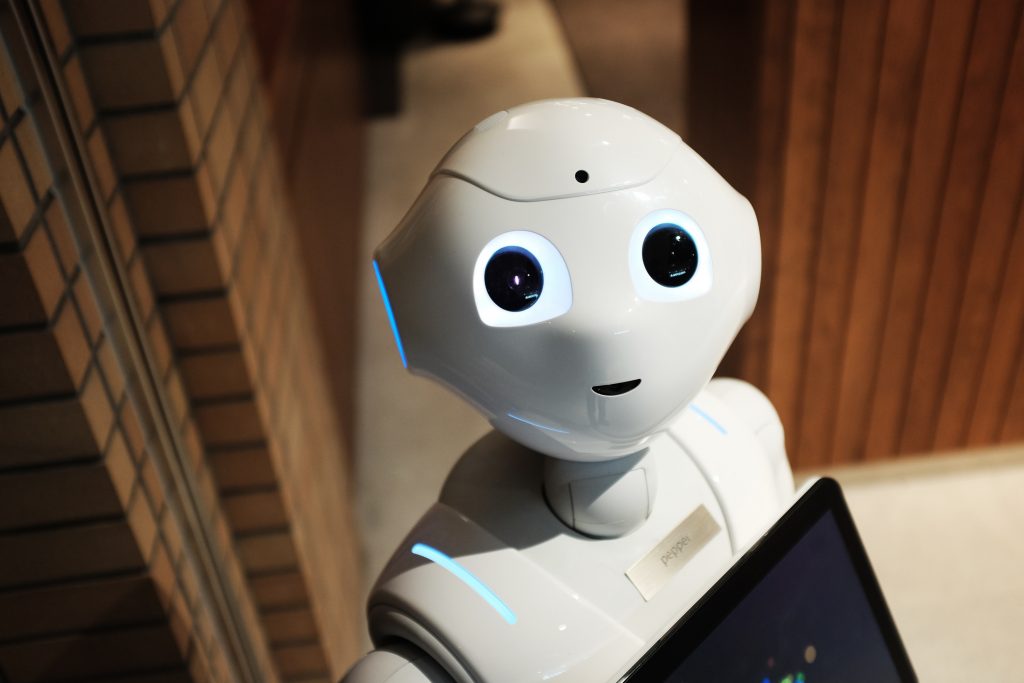Without studying the Ethical, Legal and social implications (ELSI) of Artificial Intelligence (AI) before practising it in the real life is not a wise move. AI is more than just an ordinary Invention, it will direct the course of the human history and we are at an important level right now. AI isn’t just about developing robots and tools that will do things without the instructions from the human, these things will have some real impact on our social and emotional lives.
AI-powered things will be soon around us in the forms of Labour workers, flight attendants, chefs, teachers and companions. No one wants a bunch of annoying machine-learnt things eavesdropping on you. There are certain societal, legal and ethical challenges that need to be addressed before moving ahead.
One pair of researchers, Ryan Calo and Kate Crawford, wrote in the publication Nature
Autonomous systems are already deployed in our most crucial social institutions, from hospitals to courtrooms. Yet there are no agreed methods to assess the sustained effects of such applications on human populations.
Major ethical challenges faced by the Artificial Intelligence can be categorized into following,
Privacy – How AI is handling our Personal Information?
Artificial Intelligence using large datasets primarily being produced from the interaction of the things with the human beings. This data also includes the Personal Identifiable Information (PII). Certain algorithms designed to run that artificially intelligent thing uses this data to learn and run.
- What information is being collected?
- How is this information being collected?
- How is the information being used?
- Who also have the access to this information?
- What is being done to avoid unauthorized access to this data?
- What are privacy options available to the user?
Unfortunately, there are certain issues that haven’t been answered by social media Industry on privacy even after more than a decade. Thousands of data parameters are used to collect the information about the user which is used for the marketing and advertisement purposes. Already, the internet knows more about us than we actually do.
Resolving the Privacy concerns of the Artificial Intelligence is not possible until we do on the root level – Internet.
Equality, Society and Economic Impact
We should all agree on that Artificial Intelligence will take over on the most of jobs done by the humans. This might be good for businesses but a problem for the developing countries.
Unemployment is the biggest fear among the University graduates of youth in developing countries. They still may get jobs but not those which are getting technical diplomas to do labour work.
The gap between the developed and developing countries will increase in the future. Artificial Intelligence ethics committee must ponder on the following questions:
- What would be the impact of Artificial Intelligence on the Jobs?
- How will it affect the developing countries?
- Is it possible to implement Artificial Intelligence without risking the jobs of Humans?
- How can the social and economic impact of AI be anticipated and modelled, given that they are predicated on technological advances yet to be made?
- What new opportunities do these technologies create, and what responses are needed to ensure positive economic effects, inclusivity and equal access to benefits?
Governance, Regulation and Accountability of Artificial Intelligence
Like any other scientific success which has a massive impact on the human lives and society overall, there needs to be a governing body that will regulate the whole AI and held it accountable if anything bad happens.
Quite straight, Right? No. Artificial Intelligence is not just capable of doing but understanding and devising as well. It works much like humans in which a little portion of the things (Primarily how our body operates) is innate and rest of it is acquired.
If you are thinking of schooling the Artificial Intelligence then the idea is good but difficult to implement. Becuase the Artificial Intelligence is much more than human-kids. Following questions needs to addresses,
- How will AI be regulated?
- Who will govern and regulate AI?
- How to ensure that private sector use of AI upholds the public interest?
- What precedents from other scientific fields, such as biotechnology or genetics, can help inform the debate on the regulation and application of AI?

